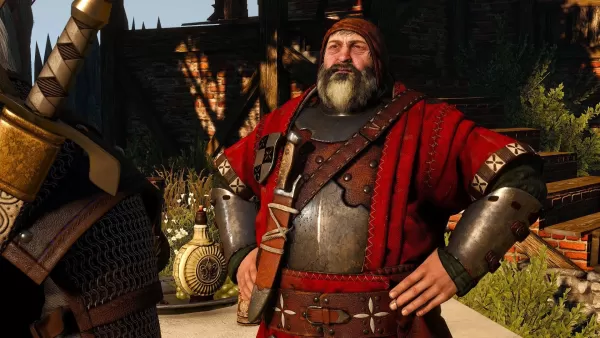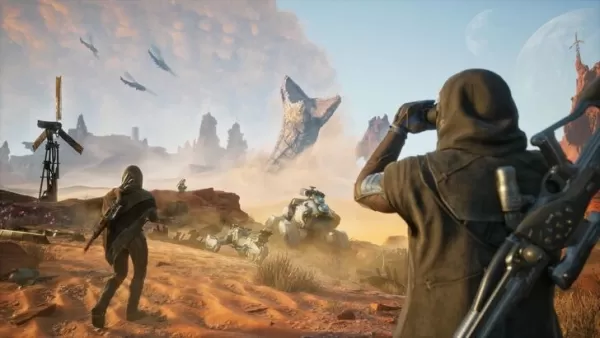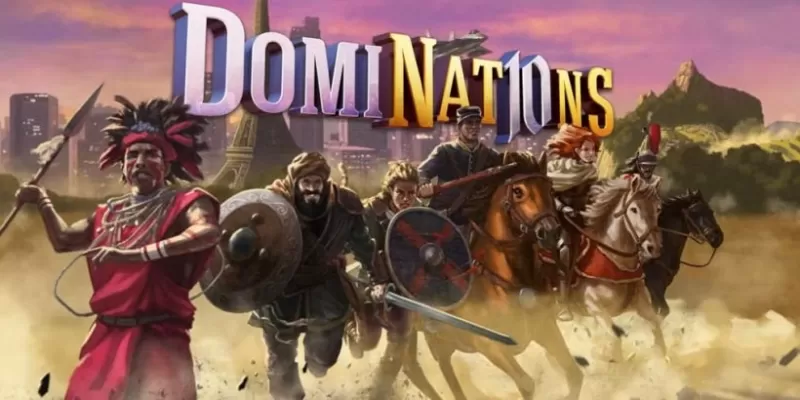CD Projekt on crafting impactful game choices
- By Emma
- Nov 08,2025


CD Projekt Red has established itself as a developer of exceptional RPG experiences. The Witcher 3, currently celebrating its 10th anniversary, remains frequently cited as arguably the greatest RPG ever created. Meanwhile, Cyberpunk 2077 – through substantial upgrades – has evolved into one of the most comprehensive open-world roleplaying experiences available. These landmark titles have solidified the studio's global reputation for quality, alongside its other compelling releases. But what truly distinguishes CDPR's games from competitors?
The Mastery of Connected Systems
While numerous elements contribute to CDPR's game quality, it's the intricate web of interconnected systems that elevates their RPGs. The authenticity emerges through dynamic stories, worlds, and characters that evolve with player decisions. Though many RPG developers employ similar frameworks, few achieve CDPR's level of execution.
"When playing other AAA RPGs, I frequently notice tool limitations," explains Patrick Mills, CDPR's franchise content strategy lead. "You recognize designer ambitions that couldn't be fully realized. Some players misinterpret this as poor design, when often it's simply technological constraints preventing the envisioned experience."

The Power of Purpose-Built Technology
CDPR has invested nearly equal time developing tools as creating games. The studio's proprietary REDengine, refined through four iterations, empowers designers to realize their specific visions. This technological foundation enables all game elements to interconnect seamlessly, creating impactful player decisions that feel meaningful and accounted for.
Recent REDengine versions have enabled increasingly ambitious quest designs. The Witcher series featured three primary objective types, while Cyberpunk 2077 expanded into deeper character customization supporting diverse playstyles. Phantom Liberty pushed boundaries further with genre-blending quests like its survival horror-inspired finale.
Balancing Gameplay Variety and Narrative Depth
"For our substantial RPGs, gameplay variety isn't optional – it's essential," says level design lead Miles Tost. "Without fresh system implementations, players would disengage regardless of narrative excellence."
CDPR's storytelling methodology requires every quest to feature compelling twists. Simple scenarios like bandit attacks get transformed through exhaustive "destruction testing," where playtesters explore every possible approach. This process ensures missions support multiple solutions while maintaining authentic reactivity.

The Evolution of Meaningful Choices
Cyberpunk 2077's initial release revealed challenges in implementing choices effectively. While decisions existed throughout the base game, their impacts often felt obscure amidst Night City's dense detail. Phantom Liberty addressed this through more overt consequence presentation while maintaining narrative nuance.
"We want players rewarded by their choices, even when the outcome is tragic," explains The Witcher 4 game director Sebastian Kalemba. "When aligned with the emotional journey, players accept even difficult consequences."
Looking Toward The Witcher 4
Transitioning to Unreal Engine 5 presents both opportunities and challenges for CDPR's next Witcher installment. The team aims to place player agency at the forefront, expanding both narrative and gameplay possibilities beyond previous titles.
"We're evolving The Witcher experience by providing more player tools and opportunities," says Kalemba. "Players should feel they're truly shaping their journey through both story and gameplay choices."
Latest News
more >-

- Epic Games Gives Away Shapez & DC Heroes United
- Nov 08,2025
-

- Top 15 Mafia Movies Ranked
- Nov 07,2025
-

-

- Dune: Awakening Preload Dates Announced
- Nov 07,2025
-

- DomiNations Celebrates Decade with New Updates
- Nov 06,2025



